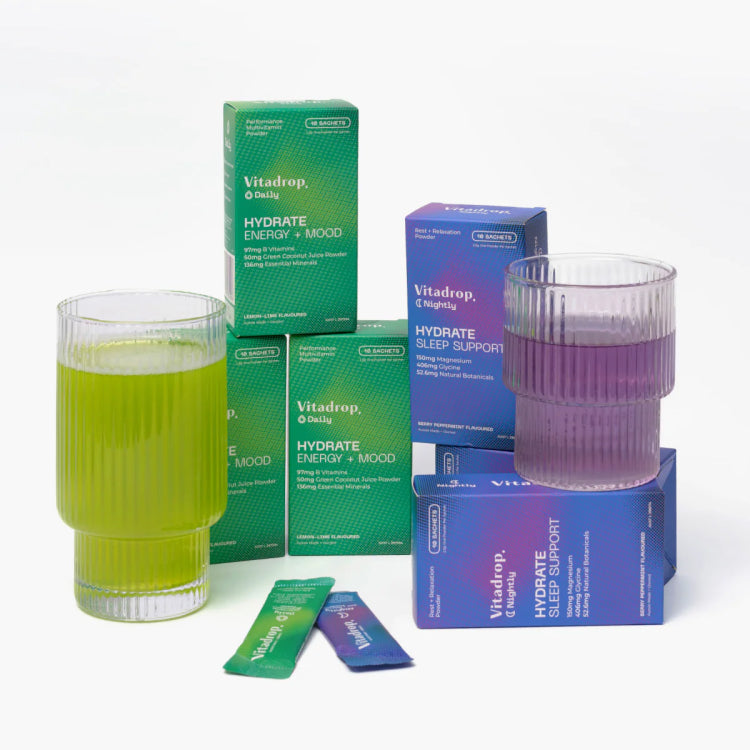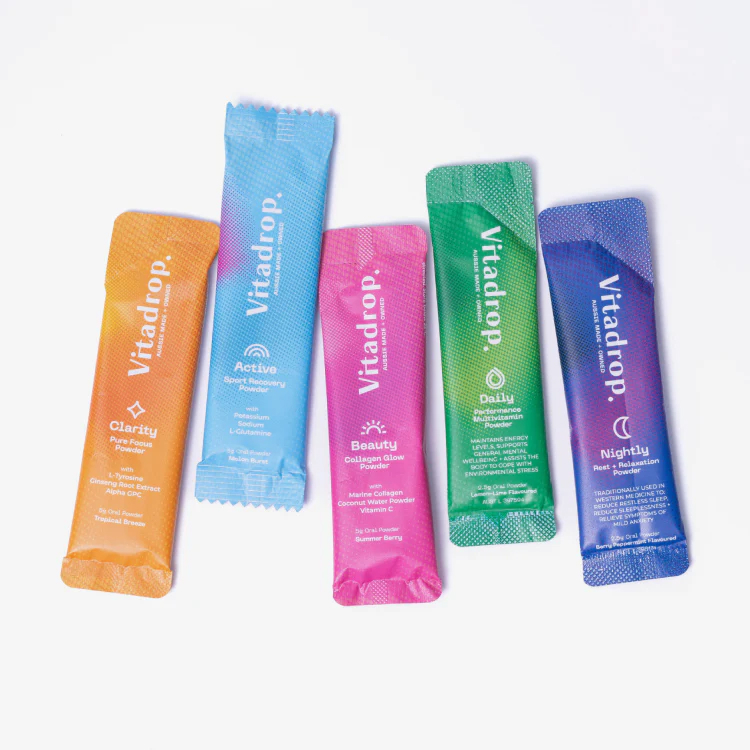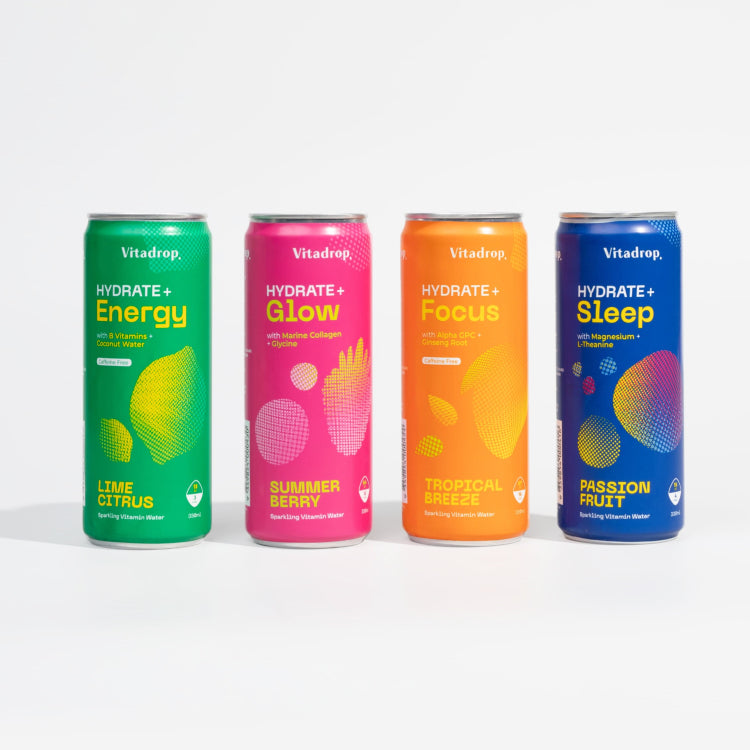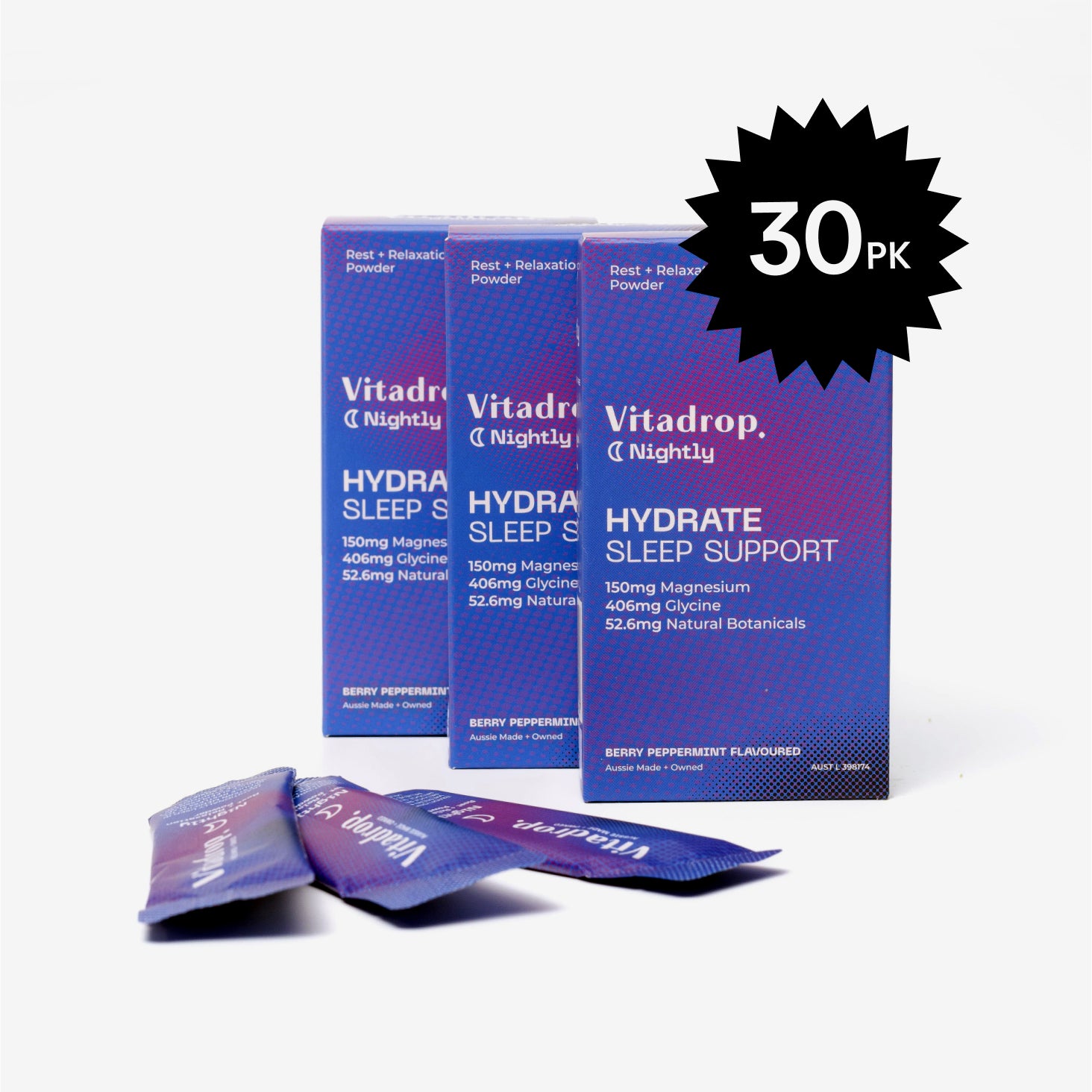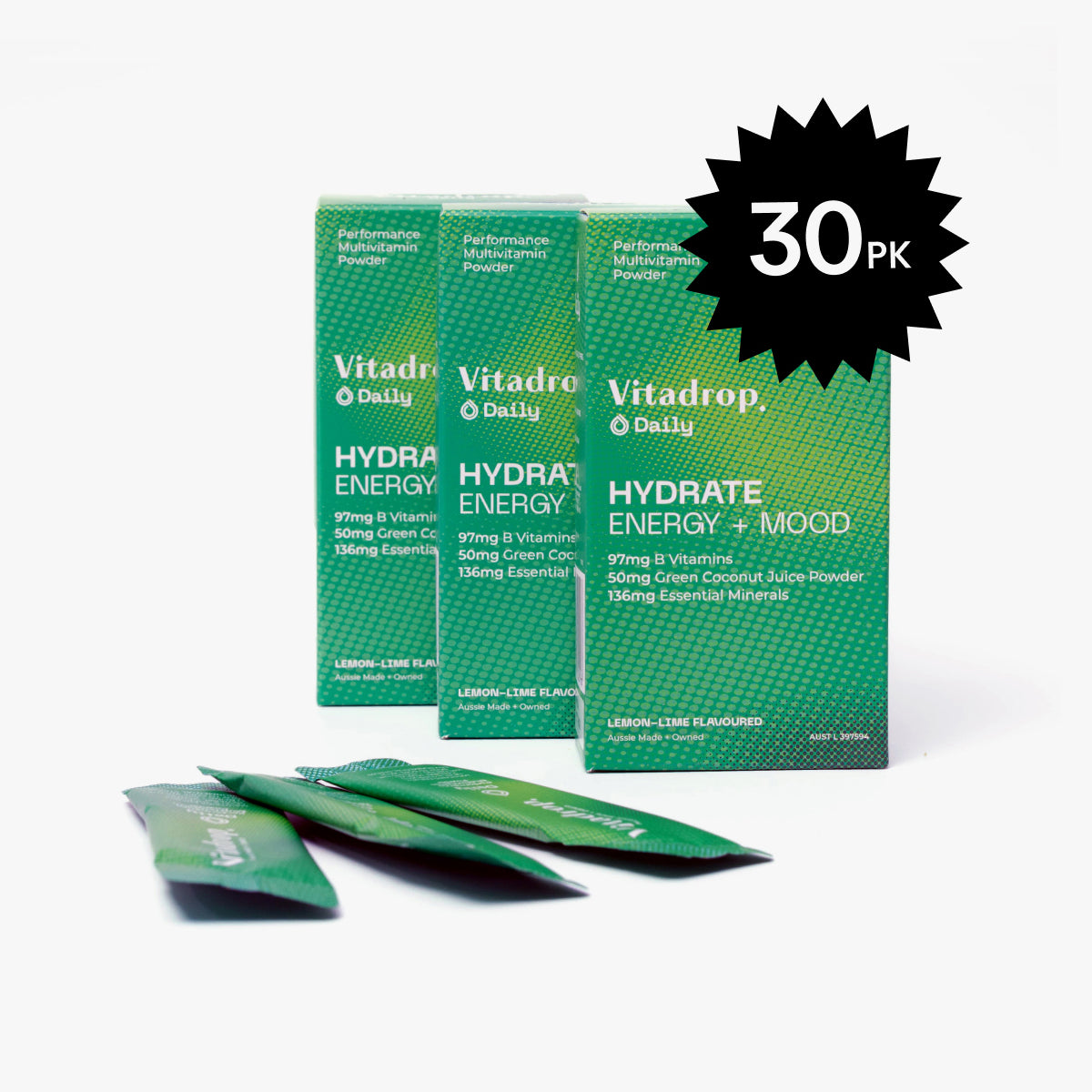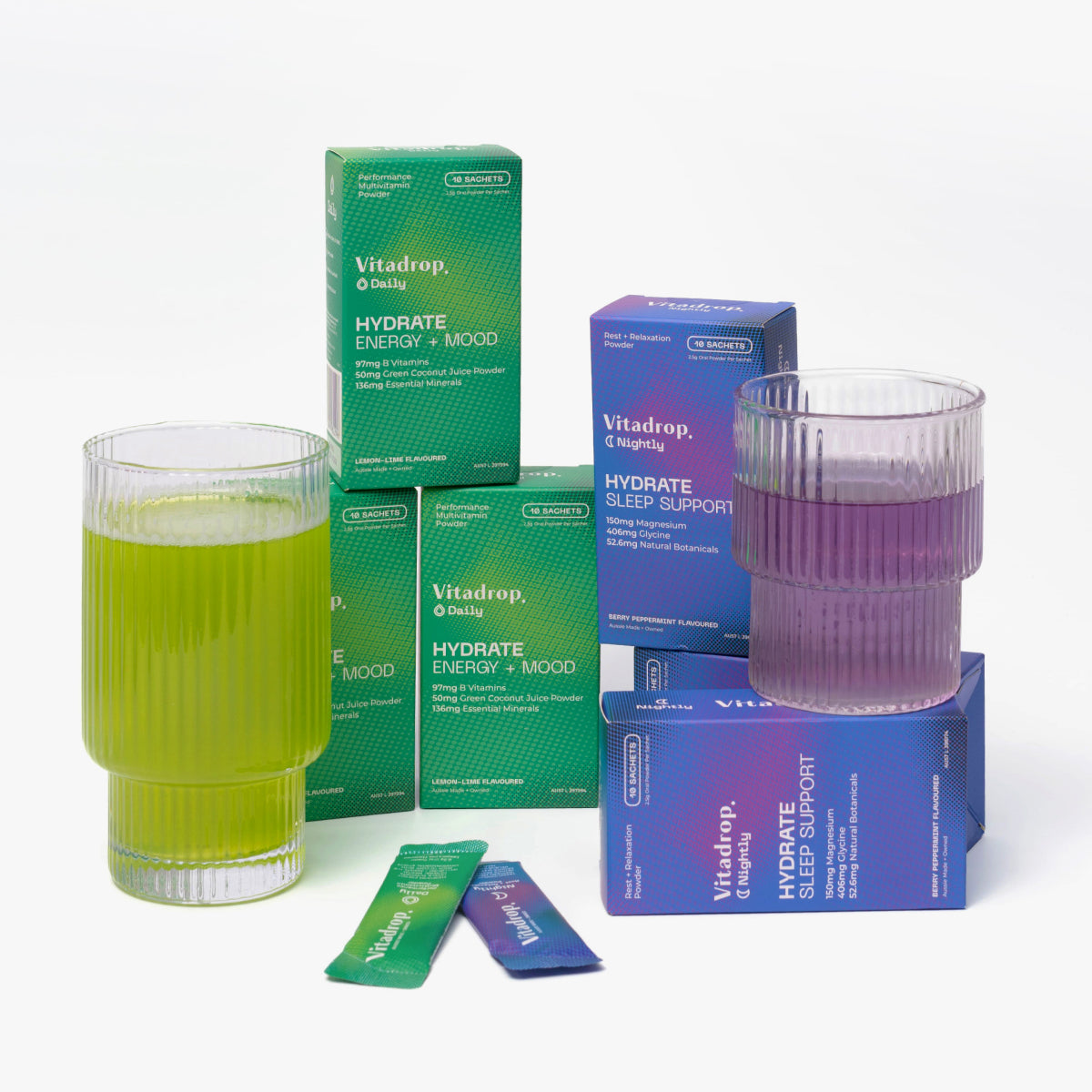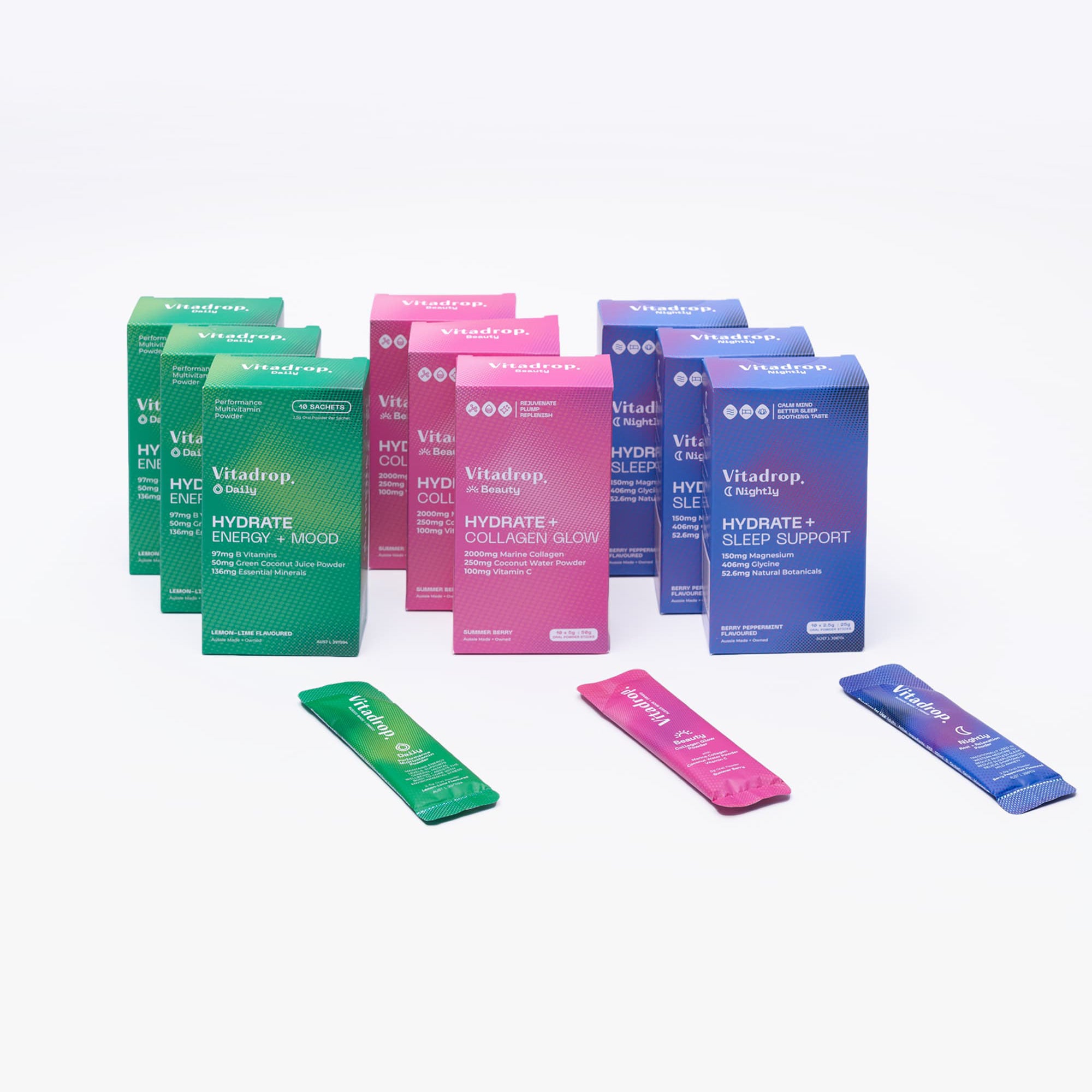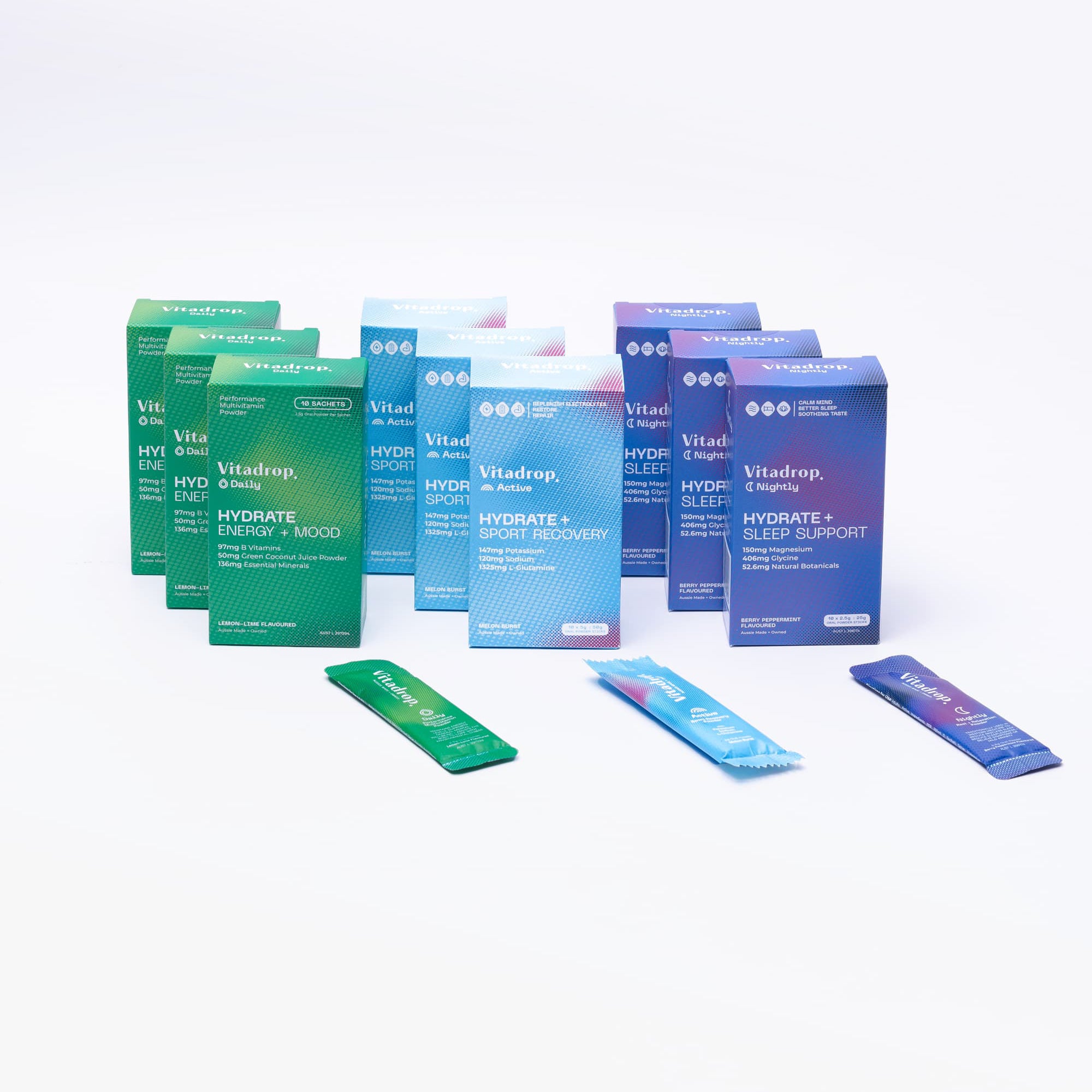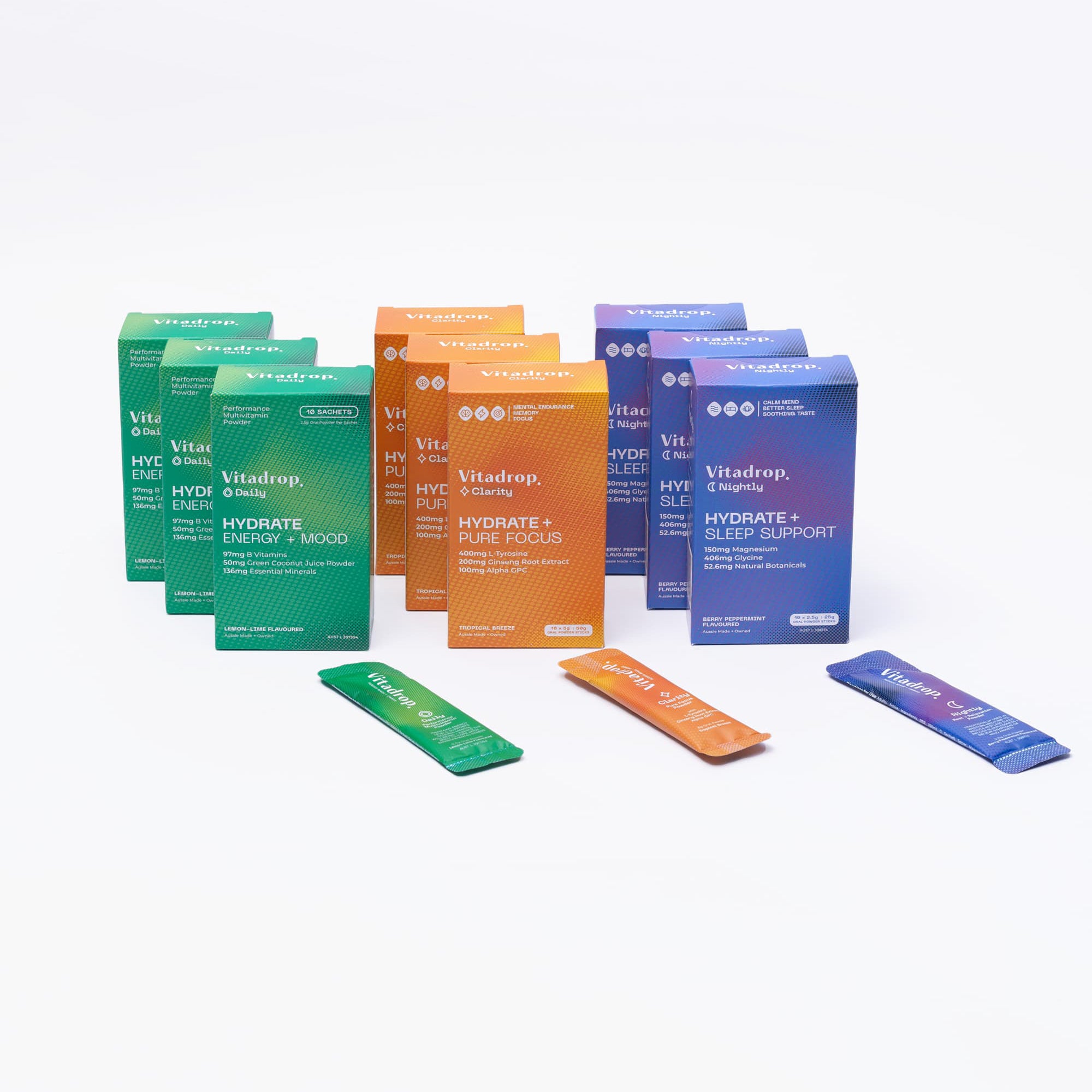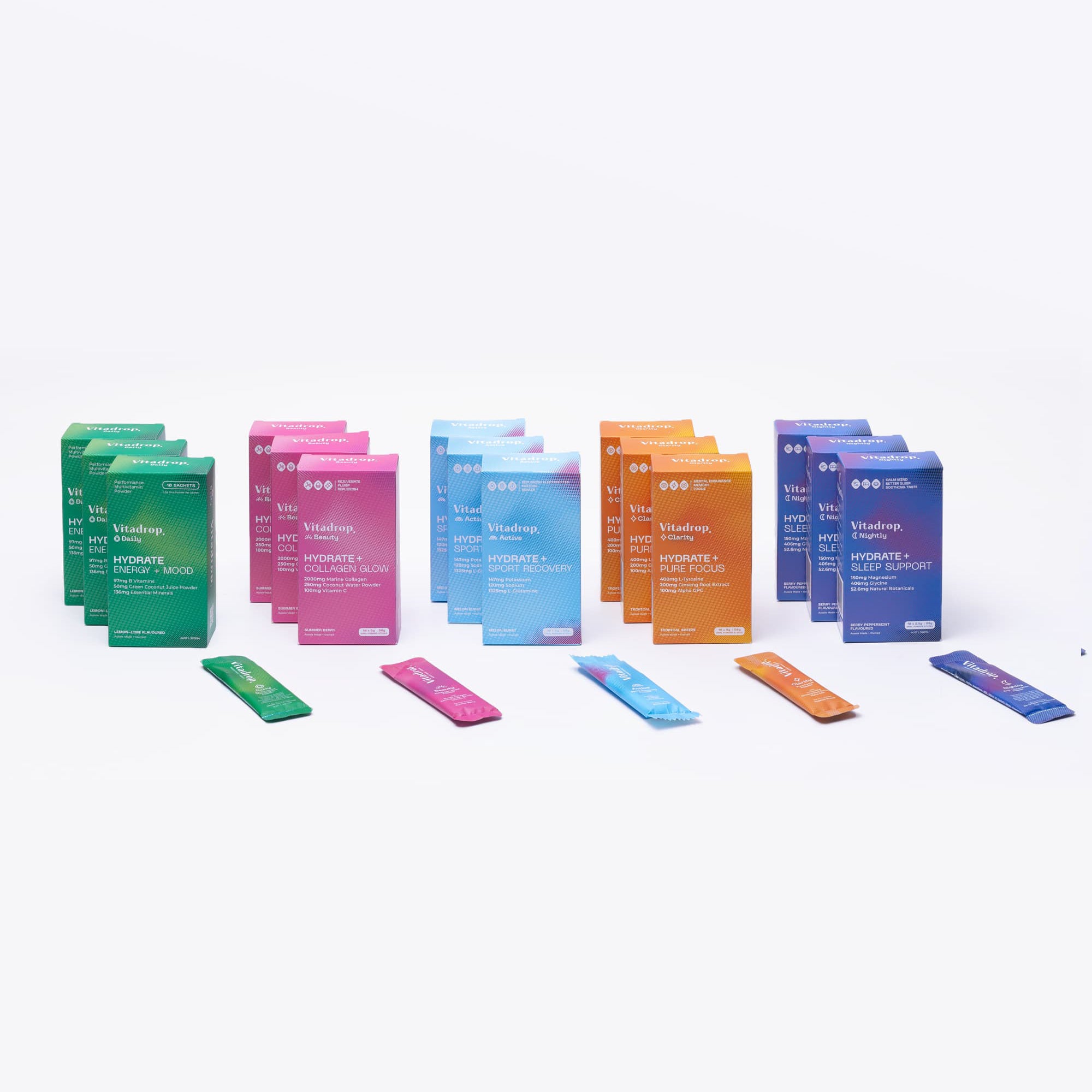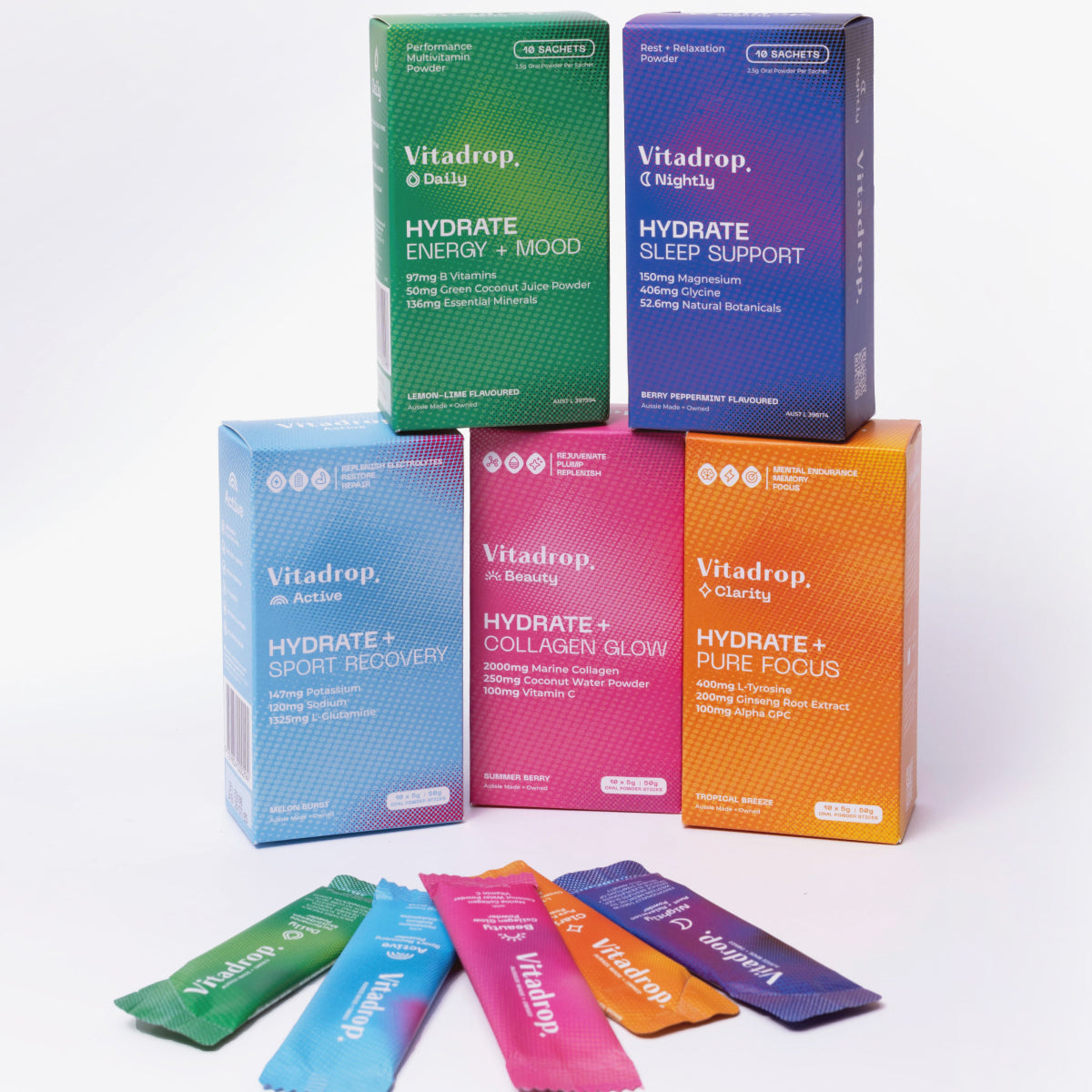The Difference Between TGA and Food Grade Supplements & Why It Matters

In Australia, products containing vitamins and minerals, Western herbal medicine, traditional Chinese medicine, Ayurvedic, indigenous and homeopathic remedies are classified as complementary medicines.
With the rapid increase in awareness surrounding all things health and nutrition, it’s no surprise that the sale of these supplements has grown exponentially. With new brands entering the market just as quickly, it’s important to consider whether these products are as beneficial as advertised.
This leads us to the question - are all supplements created equal? Not so much.
In Australia, nutritional supplements are divided into two categories; food grade and pharmaceutical grade, also known as TGA certified. Often, the claims surrounding a product, or even its appearance may leave you convinced that what you’re consuming is a pharmaceutical grade supplement.
Despite this, the fact that health claims are made about a certain product doesn’t actually guarantee this is the case. Nor, does the fact that it comes in capsules and powders, or is labelled a dietary supplement.
Understanding the difference can have a serious impact not only on your health, but your bank account too. So, we’ve done a deep dive into the difference between TGA listed and food-grade supplements, and why it matters.
Food Grade Supplements
When it comes down to it, food-grade supplements are significantly less regulated both in terms of manufacturing practices and facilities, as well as contents. With little to no control over how they are made, or the purity of the ingredients.
Moreover, the manufacturers of food-grade supplements are permitted to have up to 30% differentiation of stated ingredients, meaning the possibility of plus-minus 30% of what is stated on the label, as well as added binders and fillers that aren’t required in labelling.
TGA Listed Supplements
Products that are classed as therapeutic goods, including medicines, are regulated by the Therapeutic Goods Administration (TGA). To be legally marketed in Australia, all medicines, including complimentary ones, must be on the Australian Register of Therapeutic Goods, with the exception of some homeopathic remedies.
From here, products are divided into two categories based on the risk profile of included ingredients: Registered (AUST-R) or Listed, with the label AUST-L. While registered products including higher risk medicines are stringently evaluated by the TGA for safety, quality and efficacy, due to the low risk nature of their contents, listed medicines are not.
They must however, be manufactured by a facility holding a Good Manufacturing Practice license, meaning product quality is assured, from the facilities right down to the ingredients. In addition to this, brands are only permitted to make claims for which they hold evidence - meaning each and every health claim they make is backed by science.
All of The Daily's health claims are backed by science so can be assured of the health benefits of adding Vitadrop to daily routine.
